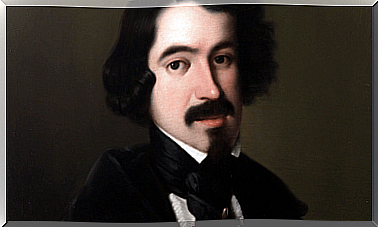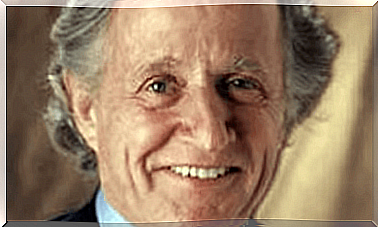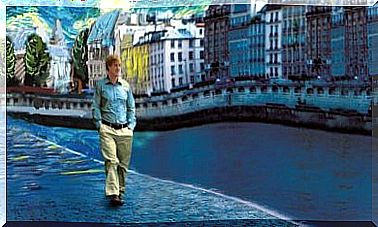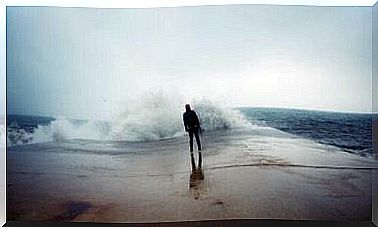Albert Einstein: Biography Of A Revolutionary Genius
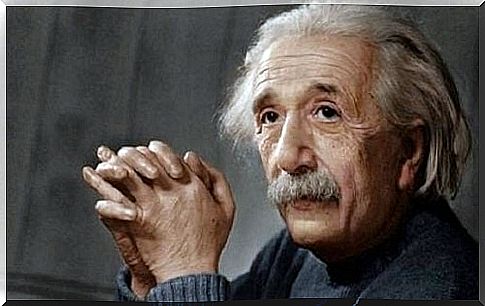
Albert Einstein was a scientist and an inspiring visionary. He found beauty in the dark, revolutionized physics and helped us understand the universe in new ways. He often said that he lacked talent and that he was simply a curious person. Curiosity and creativity were undoubtedly his basic principles.
Albert Einstein is one of the most charismatic figures of the 20th century. We all know his famous equation E = mc². However, he also laid the foundation for cosmology, statistical physics and quantum physics.
Many people also see him as the father of the atomic bomb because his work was very helpful in the development of “The Manhattan Project”. However, Einstein saw himself as a pacifist. He often said he regretted convincing Roosevelt to fund his research. However, his progress and discoveries have changed history in many ways.
Einstein’s work was important to Stephen Hawking. His legacy is so great and inspiring that much of what he predicted is still confirmed today, such as the case of gravitational waves.
Albert Einstein – a boy who amazed the world
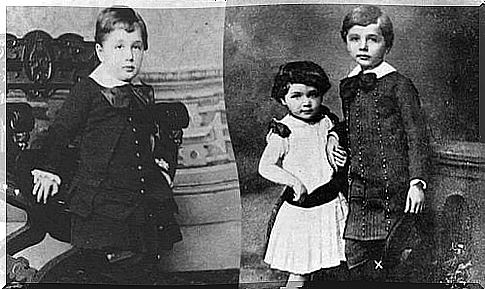
Einstein was born in Ulm, Germany, into a Jewish family. His father, Hermann Einstein, was an entrepreneur and his mother Pauline Koch was a pianist. Music was a big part of Einstein’s life from an early age.
It should be emphasized that Einstein started talking quite late and it was also time for him to learn to read and write. He was also quite quiet and introverted. All of this led his parents and teachers to believe that he had some form of learning disability.
However, he described this time in life as a retreat where he began to think about things that no one else thought about at his age. At the age of six, he began to question things about time and rhythm. With the help of his music education, patient sister and uncle Jakob (who had a passion for algebra and research), Einstein began to open himself up to the world.
At the age of fifteen, he began self-study in infinitesimal calculus. When he turned seventeen, he began studying physics and mathematics at the Swiss Federal Institute of Technology in Zurich. Shortly afterwards, he met the love of his life, Mileva Marić, an outstanding Serbian classmate with whom he eventually had two children.
His scientific heritage
In 1905, he published several studies that became fundamental to his legacy as a researcher. In the first study, he examines Brownian motion (the random motion of particles in a liquid). The other addressed important phenomena, such as the photoelectric effect and special relativity.
In 1921 he received the Nobel Prize in Physics for the photoelectric effect. Einstein worked as a professor at the universities of Bern, Prague and Berlin, but fled to the United States in 1933 when Hitler came to power. There he has spent his last 25 years.
He passed away on April 16, 1955, at the age of 76.
Albert Einstein was an innovative genius
He was an innovative genius and often used what he called “thought experiments”. He spent a lot of time thinking about different aspects of his theories. Einstein, for example, imagined a man traveling through space in an elevator. He also imagined blind beetles crawling on curvy surfaces.
His experiments allowed him to explain various aspects of pregnancy or the way photons run along a curved surface and not in a straight line as many thought before.
Many of his theories are still proven today.
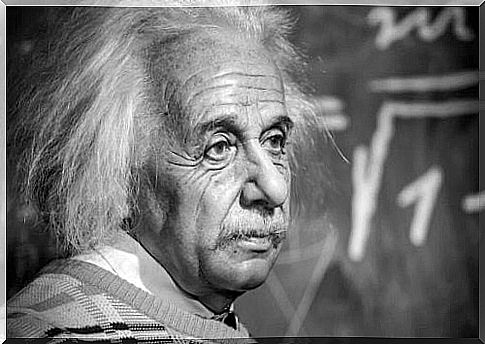
The photoelectric effect
Many believe that Einstein received the Nobel Peace Prize for his theory of relativity. However, he got it for the photoelectric effect. In fact, thanks to this development, we nowadays have many important technologies such as television, solar panels, microchips, motion detectors, copiers, digital cameras and automatic lamps.
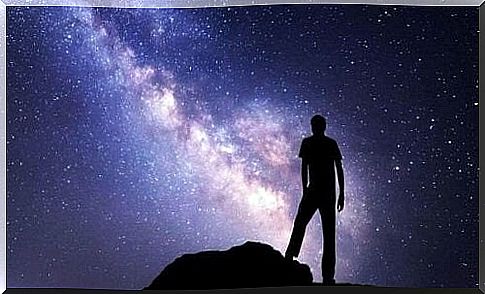
The theory of relativity
In 1915, Albert Einstein presented at the Royal Prussian Academy of Sciences. He tried to disprove Newton’s law of gravity.
Other contributions from Albert Einstein
Einstein has a great legacy and it began with his first publications in 1905. His unified theory took up much of the time in his later years, as he wanted to combine his studies of gravity with electromagnetism. This is his lesser known contribution.
Many of his questions still lack answers today. Albert Einstein was a pioneer in uncovering the secrets of the universe and the mystery of the atom.
His creativity and curiosity knew no bounds. He challenged what others took for granted. In the end, that’s what a real scientist does: challenge the established.



